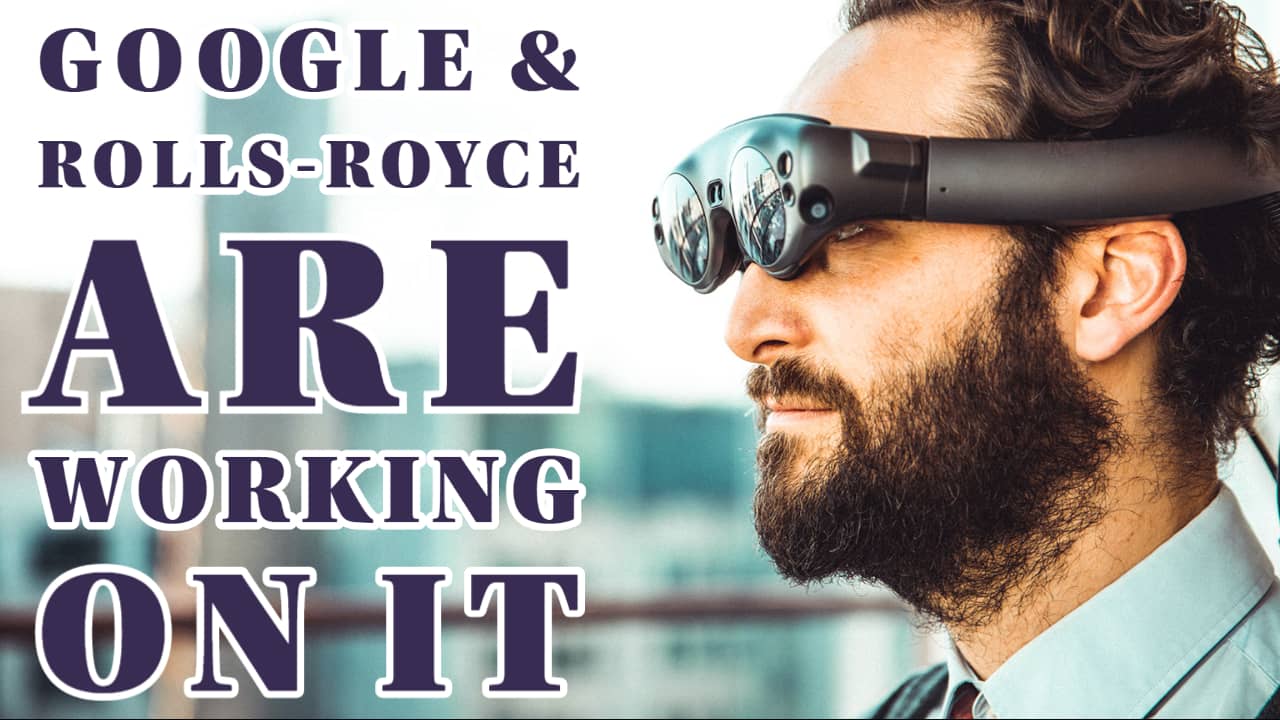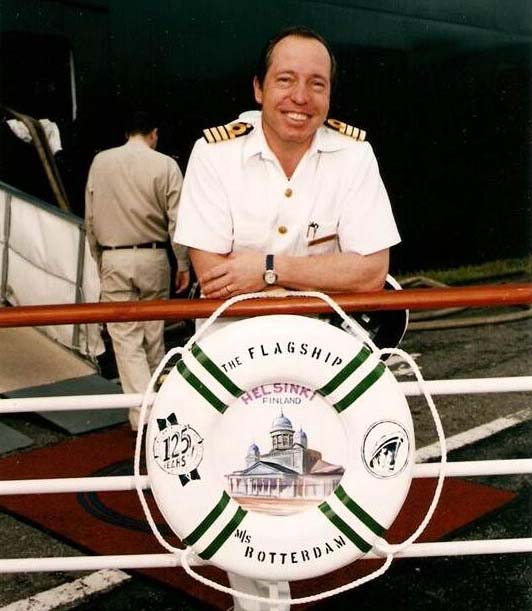
How & When Autonomous Ships Will Change Imports & Exports
3-minute read (3-minute listen)
Newscaster: Well, self-driving cars, and driverless trucks, also airliners that fly on autopilot. They’ll soon be commonplace. What about crewless container ships though? Well, they’re just over the horizon, as it were. Eric Frykberg plots their course.
Eric Frykberg: Coming soon to a port near you, the crewless ship with a skipperless bridge nosing itself towards a wharf to unload its cargo. One or two people might be needed to keep an eye on the computers, but they won’t necessarily be on the vessel.
They could be in an office thousands of kilometres away. These vessels won’t be modern-day ghost ships, a mournful echo of the Marie Celeste.
They’ll be state-of-the-art techno-vessels with sophisticated methods of avoiding a collision, as Kees Buckens of the Nautical Institute and Maritime School explains.

Full Audio Interview (transcription below):
Kees Buckens: Your radar and GPS or GNSS is your first step. But now we have LIDAR and LADAR radar linked into infrared cameras, and that gives you a very clear picture of anything that is on the water, from a very small craft or log floating in the water to, obviously, the larger ships.
Eric Frykberg: Kees Buckens says this information will enable ships to take evasive action to avert a collision. In fact, he says such vessels will be very safe since 80% of marine accidents are caused by human error.
Just last week, Captain Buckens conveyed information about this to a seminar of shipping experts in Auckland. The New Zealand interest follows trends overseas. In one development, Rolls-Royce Marine has signed a deal with Google to help guide autonomous ships.
In another, the world’s first autonomous container ship will carry fertiliser from next year along coastal routes in Norway. It’s being built by the aerospace and shipping company, KONGSBERG, whose boss, Geir Håøy, issued a promotional video explaining the project.
Geir Håøy: We have been working on autonomy for decades in several areas, and we are well-known also in the maritime and oil and gas industry. It’s a very important competence to bring into this kind of new concept.
Eric Frykberg: Annabel Young of the New Zealand Shipping Federation attended the Auckland seminar and got a definite message from it.
Annabel Young: So there isn’t going to be some big bang where everybody moves to autonomous ships tomorrow.
But there’ll be an incremental development as people work out which routes, which type of cargo, which kind of deployment is best-suited to an autonomous vessel. And some will be more suited than others.
Eric Frykberg: Shipping experts say autonomous vessels mightn’t be completely autonomous. Maritime authorities might insist on having at least someone on board.
But American shipping experts say a large container ship can cost US$9 million a year to run. That excludes capital costs, so cutting down on the shipping company’s wage bill is bound to be appealing.
Source: Radio New Zealand
We’d love to answer any of your questions! Contact us now.
P.S. Do you know of other people that will find this article useful? Please share it on social media. Thank you!
